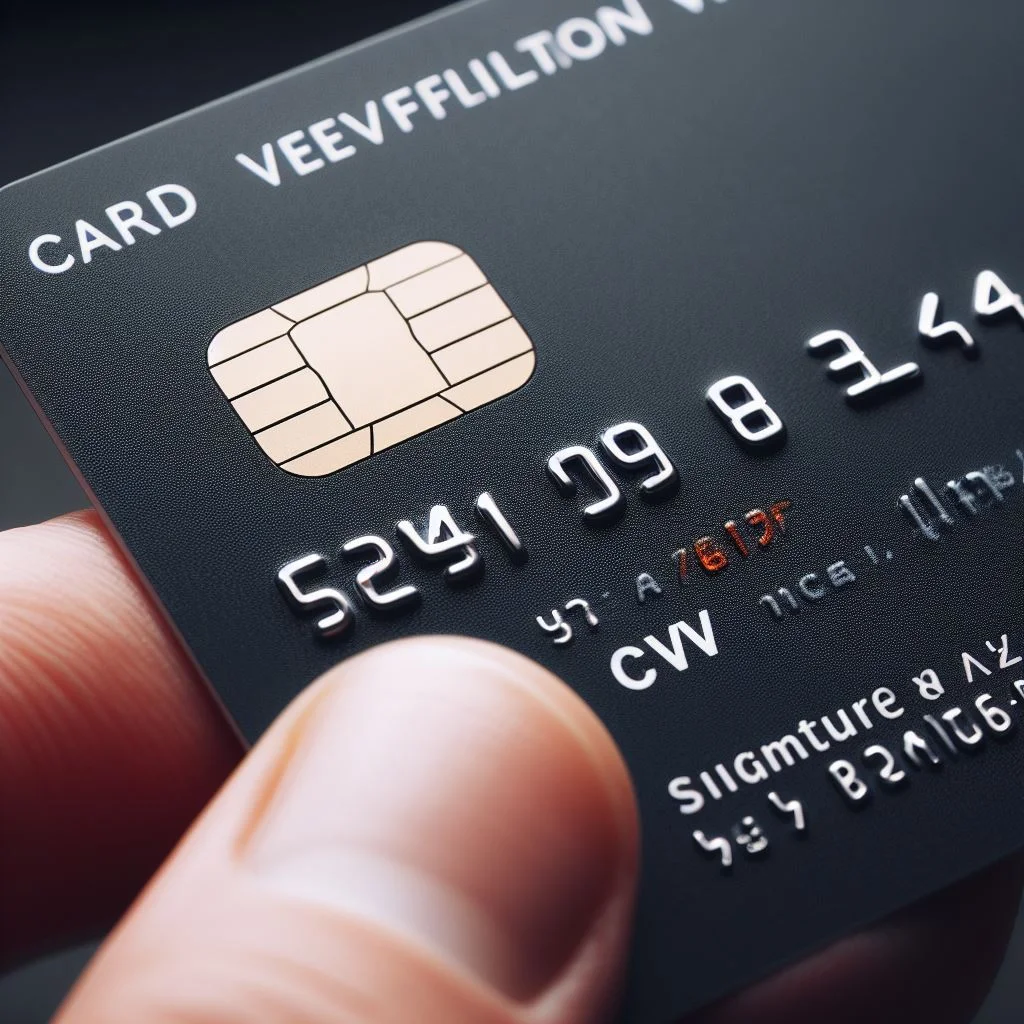In the digital age, where online transactions have become an integral part of our daily lives, concerns about the security of sensitive information, such as credit card details, have risen. One particular element of credit card security that often raises questions is the Card Verification Value (CVV). But are there any restrictions on who can access your CVV information?
I. Introduction
A. Definition of CVV
Let’s start by understanding what CVV is. CVV, or Card Verification Value, is a three or four-digit number found on credit and debit cards. It acts as an additional layer of security during online or over-the-phone transactions, ensuring that the person making the purchase physically possesses the card.
B. Importance of CVV
The importance of CVV lies in its ability to reduce the risk of unauthorized transactions. Without the CVV, it becomes easier for malicious actors to misuse credit card information obtained through various means.
C. Concerns about CVV security
However, despite its role in enhancing security, concerns about the accessibility of CVV information persist. Are there any limitations on who can access this crucial piece of data?
II. Who Can Access CVV Information?
A. Credit card companies and financial institutions
Credit card companies and financial institutions are among the entities that have legitimate access to CVV information. They use this data to verify transactions and enhance the security of online payments.
B. Merchants and online retailers
When you make a purchase online, merchants and online retailers may request your CVV to ensure the validity of the transaction. However, reputable businesses have strict security measures in place to protect this information.
C. Third-party service providers
In some cases, third-party service providers may require CVV information for identity verification purposes. It’s crucial to assess the legitimacy and security practices of these providers before sharing such sensitive details.
D. Legal authorities
In certain situations, legal authorities may gain access to CVV information as part of an investigation. However, strict legal processes and privacy safeguards are in place to regulate such access.
III. Restrictions on Access to CVV
A. PCI DSS compliance
Payment Card Industry Data Security Standard (PCI DSS) sets forth guidelines and requirements for securing payment card data, including CVV. Compliance with PCI DSS is mandatory for entities handling credit card transactions.
B. Industry regulations
Various industries have specific regulations governing the handling and storage of CVV information. Adherence to these regulations is essential to ensure the security and privacy of cardholders.
C. Privacy policies of financial institutions
Financial institutions often have stringent privacy policies that dictate how they handle and protect customer information, including CVV data.
D. Legal consequences for unauthorized access
Unauthorized access to CVV information is illegal and can lead to severe legal consequences. Individuals or entities found guilty of such actions may face fines, imprisonment, or both.
IV. How to Protect Your CVV
A. Safe online shopping practices
To protect your CVV, practice safe online shopping habits. Only provide your CVV on secure and reputable websites, and avoid saving it on online platforms.
B. Monitoring credit card statements
Regularly monitor your credit card statements for any unauthorized transactions. Report any discrepancies to your card issuer immediately.
C. Reporting suspicious activities
If you suspect that your CVV information has been compromised, report it to your credit card company or financial institution promptly. They can take necessary measures to secure your account.
D. Using secure payment methods
Opt for secure payment methods, such as two-factor authentication or digital wallets, to add an extra layer of protection to your transactions.
V. Real-life Scenarios
A. Data breaches and CVV exposure
Data breaches have become increasingly common, leading to the exposure of CVV information. Stay informed about potential breaches and take necessary precautions.
B. Identity theft cases related to CVV
Cases of identity theft often involve the misuse of CVV information. Understanding the risks can help individuals take proactive steps to safeguard their identities.
C. Impact on individuals and businesses
The impact of CVV exposure extends beyond individuals to businesses. A breach can tarnish a company’s reputation and lead to financial losses.
VI. The Future of CVV Security
A. Advancements in technology
Technological advancements continue to shape the future of CVV security. Innovations such as biometric authentication and tokenization aim to enhance the protection of sensitive information.
B. Emerging trends in cybersecurity
As cybersecurity threats evolve, new trends emerge to counteract them. Staying informed about these trends is crucial for both individuals and businesses.
C. Continuous improvements in payment security
The payment industry is committed to continuous improvements in security measures. Collaboration between stakeholders ensures ongoing efforts to stay one step ahead of potential threats.
VII. Conclusion
In conclusion, while concerns about the accessibility of CVV information persist, there are clear restrictions in place to mitigate unauthorized access. Adherence to industry regulations, privacy policies, and legal frameworks, coupled with personal vigilance, plays a crucial role in ensuring the security of CVV data.
FAQs
- Is it safe to provide my CVV for online transactions?
- Yes, as long as you are on a secure and reputable website. Always prioritize safe online shopping practices.
- What should I do if I suspect unauthorized access to my CVV information?
- Report any suspicions to your credit card company or financial institution immediately for prompt action.
- How do data breaches impact the security of CVV information?
- Data breaches can lead to the exposure of CVV information, emphasizing the importance of staying informed and taking preventive measures.
- What role does PCI DSS play in protecting CVV data?
- PCI DSS sets standards for securing payment card data, including CVV, ensuring compliance to enhance overall security.
- Are there alternative methods to enhance the security of online transactions beyond CVV?
- Yes, using secure payment methods like two-factor authentication or digital wallets adds an extra layer of protection to your transactions.

